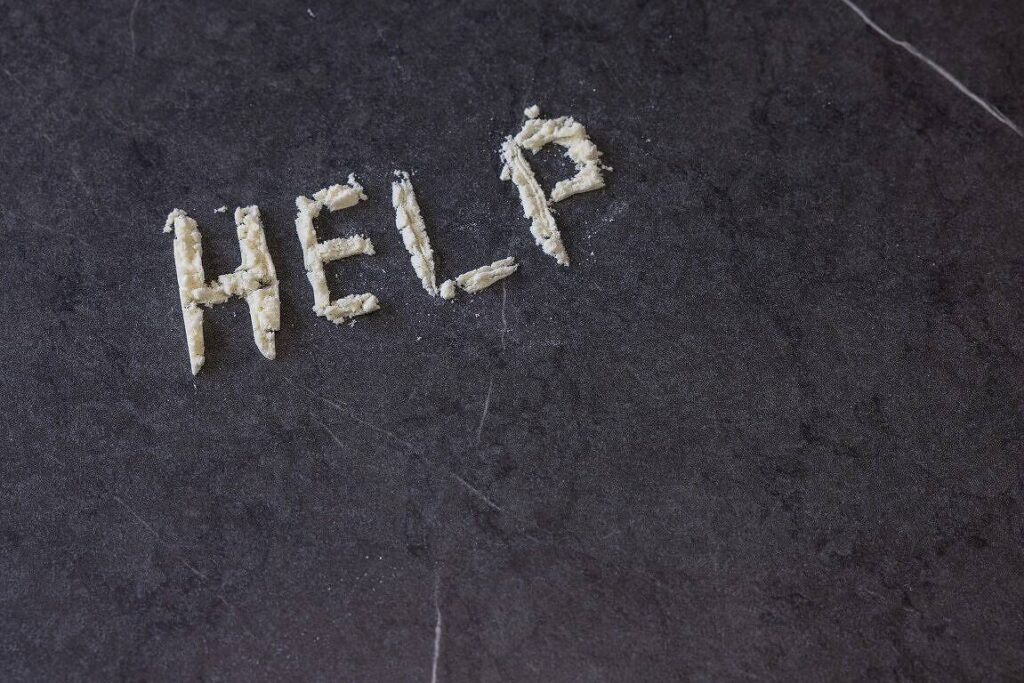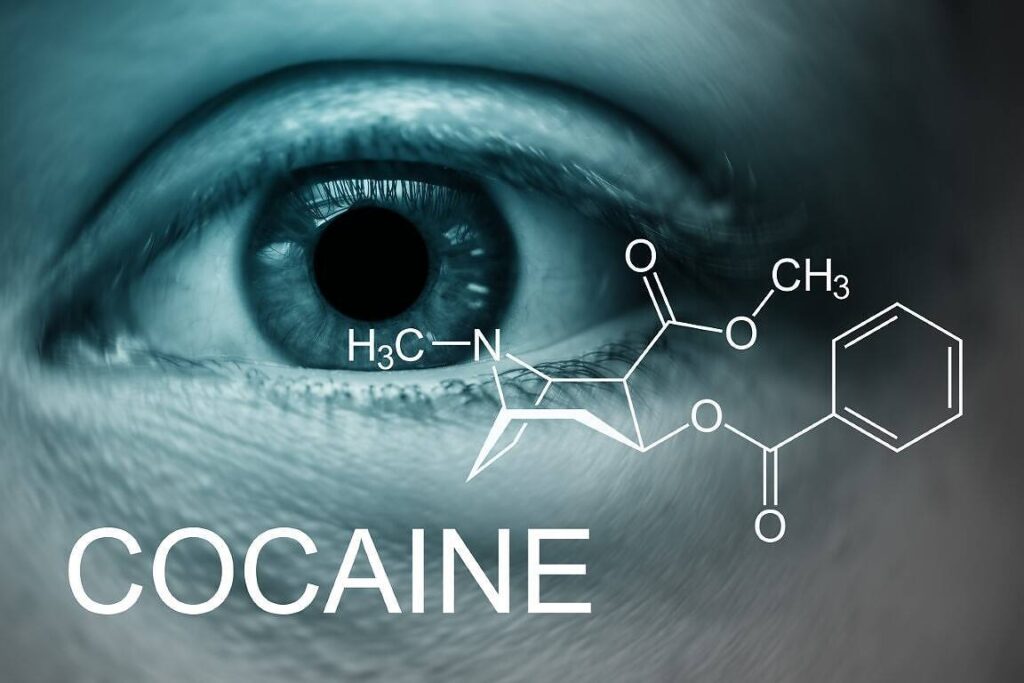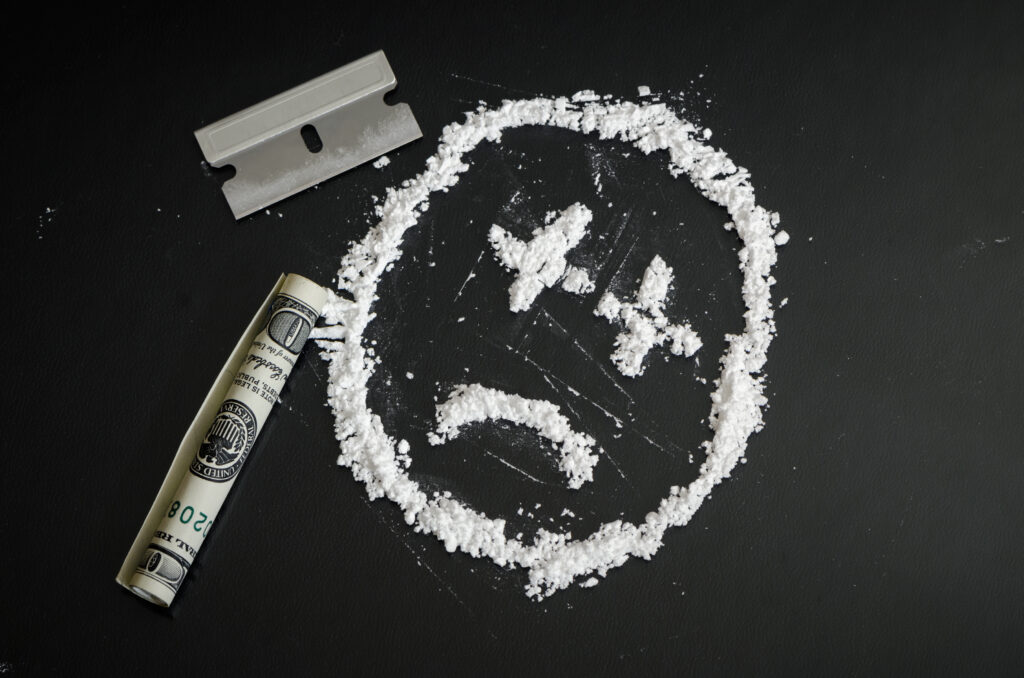Cocaine is a central nervous stimulant that some people use recreationally. If a person uses cocaine regularly and then stops taking it, they may develop withdrawal symptoms.
Usually, cocaine withdrawal is not life-threatening. The key problem in treating cocaine addiction is the maintenance of a drug-free state, as negative emotional symptoms during abstinence often trigger relapse.
- depression
- excessive sleep or insomnia
- transient cravings
- increased hunger
- dysphoria and apprehension, which is a general sense of unease
- slowed mental and physical activities
- increased heart rate
- high blood pressure



